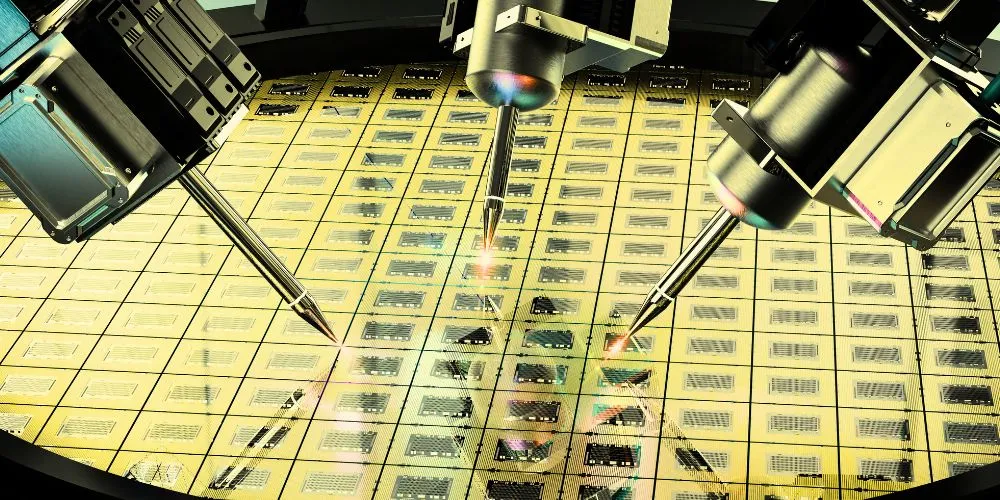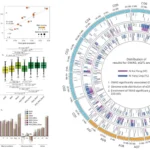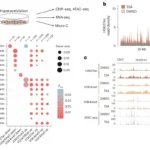Key Points
- TU Graz explores energy-efficient production of doped silicon layers using functionalized hydrosilanes.
- The initiative aims to tackle inefficiencies in conventional crystalline silicon production, which wastes significant raw materials.
- The research targets advanced materials for electronics and solar cell industries.
- Austria strengthens its position as a semiconductor research and innovation hub with government and corporate backing.
A research team at the Institute of Inorganic Chemistry at Graz University of Technology (TU Graz) is pioneering sustainable and energy-efficient methods to produce high-quality doped silicon layers for use in electronics and solar industries. The innovative research, supported by the Austrian Ministry of Economics and Labour and corporate partner Air Liquide Advanced Materials, focuses on utilizing functionalized hydrosilanes as a promising alternative to conventional crystalline silicon production.
The global semiconductor industry’s rapid growth has intensified the demand for crystalline silicon, a primary material in semiconductor manufacturing. However, the production process is energy-intensive and inefficient, with significant material waste. The lab, led by Michael Haas, Christian Doppler Laboratory manager, explores the potential of functionalized hydrosilanes—chemical compounds primarily composed of silicon and hydrogen atoms—as a revolutionary approach to semiconductor production.
Hydrosilanes offer significant advantages due to their instability at temperatures above 300°C or under UV light exposure, leading to the breakdown of silicon bonds within minutes. This property allows liquid-phase deposition to create silicon layers suitable for semiconductor and solar cell applications. The process operates at comparatively low temperatures, drastically reducing energy consumption.
Researchers at the lab aim to produce and characterize novel functionalized hydrosilanes for processing doped silicon films. These films are enriched with foreign atoms to tailor their material properties, such as conductivity and absorption. The team will employ various deposition techniques and evaluate key parameters, including these new materials’ morphology, element distribution, and functional performance.
Austria’s Minister of Economics and Labour, Martin Kocher, emphasized the importance of semiconductor research for Austria’s economic competitiveness and technological advancement. He highlighted that hydrosilanes could form the foundation for innovative materials, benefiting the industry and Austria’s position as a hub for high-tech development.





